Wow, what can I say but just wow. This book has fundamentally changed my thinking about my understanding of right and wrong. Up until now, I have believed in universal and binary thinking originating from sound fundamentals. I have come to change my understanding to think that right and wrong are generational and that is natural.
As we have learned, we are near the end of the sixth full cycle of the American experience. Can you image that just two cycles ago, it was a widely shared belief that slavery was justified? It was actually even biblically sanctioned because people that looked different were lessor. As saecula change, so do right and wrong. I have to believe that if I was alive in that time instead of now, my beliefs would have supported the status quo and not a radical abolition ideals of the time.
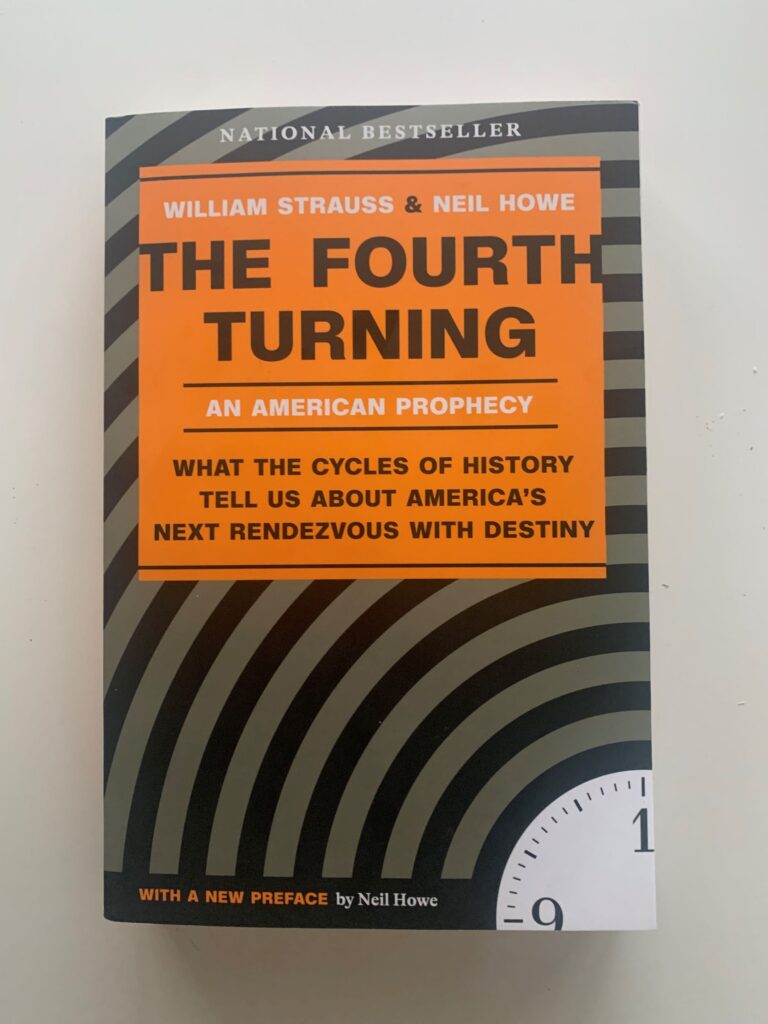
It is very hard to say how much our generational identity is truly ordained because of circumstance or other factors. I shared many of the cultural experiences of my generation but I also missed out on many of them as well. Because we lived in the country, because my parents are early boomers and took on less of the boomer characteristics, because we weren’t left home alone until later, because we didn’t have free reign of the TV, I was aware of Gen-X even if I didn’t fully participate.
Other portions of my generation I have exhibited in spades. The part where I am self-reliant and not willing to get involved in other peoples business. I am certainly a reluctant leader that only takes the position when there is no choice. Certainly, we all couldn’t be born this way or there would have been no class presidents or team captains. But when it comes to the real world, my generation is still waiting until they have to step in. I wouldn’t be surprised if we wait long enough that the Millennials just side step us.
After reading this book, I saw an example of how history can help us in real life. We have often heard the phase ‘study history so that we don’t repeat it’. If you follow the turning’s theory that is just plain not true. But, what I took away from it was I never understood how the GI generation could just trample all over the Constitution. I have come to realize that the Constitution had nothing to do with it. It is when the Hero generation is in charge, it is just the way things are going to be, legal or legitimate or not.
The Artists are going to continue the Hero’s lead. The Prophets are going to question everything from the Hero and Artist Generation. Finally, the Nomads are going to ignore it all until it falls apart and the next Hero generation takes charge. If you think about a cycle, this actually makes perfect sense in all aspects of life.
For most of my life, I have always bought into the marketing that the GI generation was the ‘Greatest’ generation. Now that I see that they actually broke the natural cycle of passing the baton to the Silent generation. Feeling emboldened by their success in every aspect, they kept the party going. The Silent’s stayed true to form and never really assumed power and not rock any boats which allowed the Me generation (Baby Boomers) to take over directly. They have brought their awakening and reborn fundamentalism to do the same thing to Generation X.
If I am being honest, it was the GI generation that started the mess our country is in by not following the natural laws even though naturally we were bound for trouble. My fear is that we have artificially influenced the natural cycle to cause a more delayed and catastrophic fourth turning. If there is one thing, there is nothing that I can really do about it but prepare for the eventual hard times.
If I were to prognosticate, I would say that Generation X missed the boat. I think that we may be entering the fourth turning right now. Many of the things that Trump is doing seems a lot like we just entered the Crisis. I don’t think that it is a crisis to eliminate a bunch of government bloat, but it is a dismantling of the system as we have known it. Whatever happens, we have taken a position of no coming back.
When the political winds swing the other way and they will, I wouldn’t be surprised to see a full on ‘Idiocrasy‘. I would imagine that we will have several cycles of this extreme push and pull. The net of Crisis is a diminished America. I do not see any way that a country who a significant portion of the citizens believe that men are women and vice versa are grounded enough in reality to thrive in a way that Americans have typically in the next high.
I have already stated how I feel about the book. I will now add it to my reading list. It is one thing to have books about what the world is doing to you. This book covers the why those things are happening. It doesn’t mean that I agree with what is happening, but I understand it in a way that I have never have before. You might read it and get something completely different but that is the beauty of this endeavor.
I stated last week that the next Friday series is going to be Revelations from the Bible. I think I will take it several chapters at a time. I don’t think that I will have an introduction week but if there is any need for background information, I will include it with Chapter 1. I have never read it but I see that it has 22 chapters. Since it is relatively short, I will probably read ahead and group as I see appropriate.
End Your Programming Routine: I have to say that last year was a struggle between Dante and Sun Tsu. In fact I almost gave up on this. Not reading but writing about it here. This book I thoroughly enjoyed and I am even sad that it is over. It gave me such perspective that I am taking a gamble on Revelations. I would probably read it anyway, but let’s see what we get out of it.
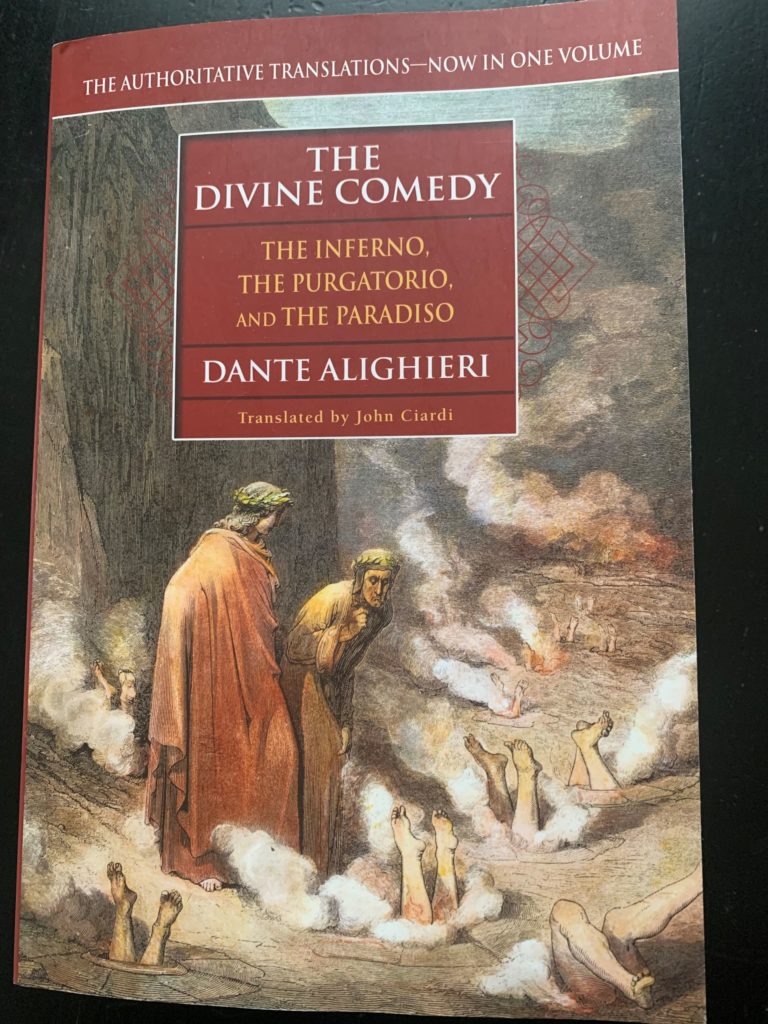
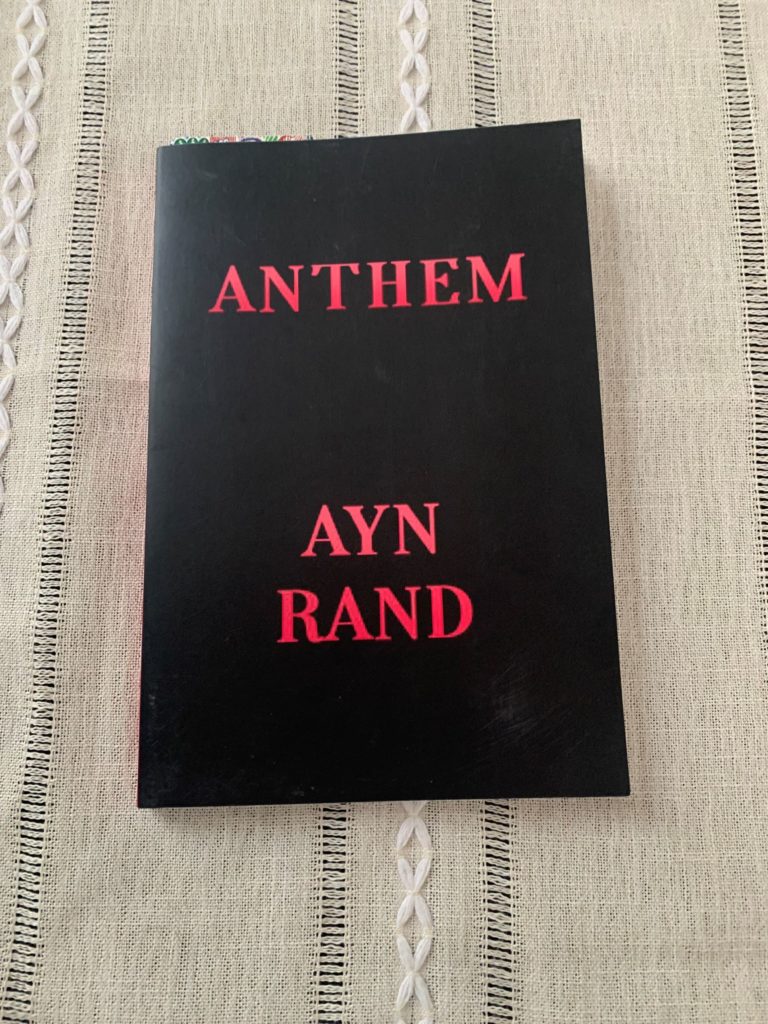
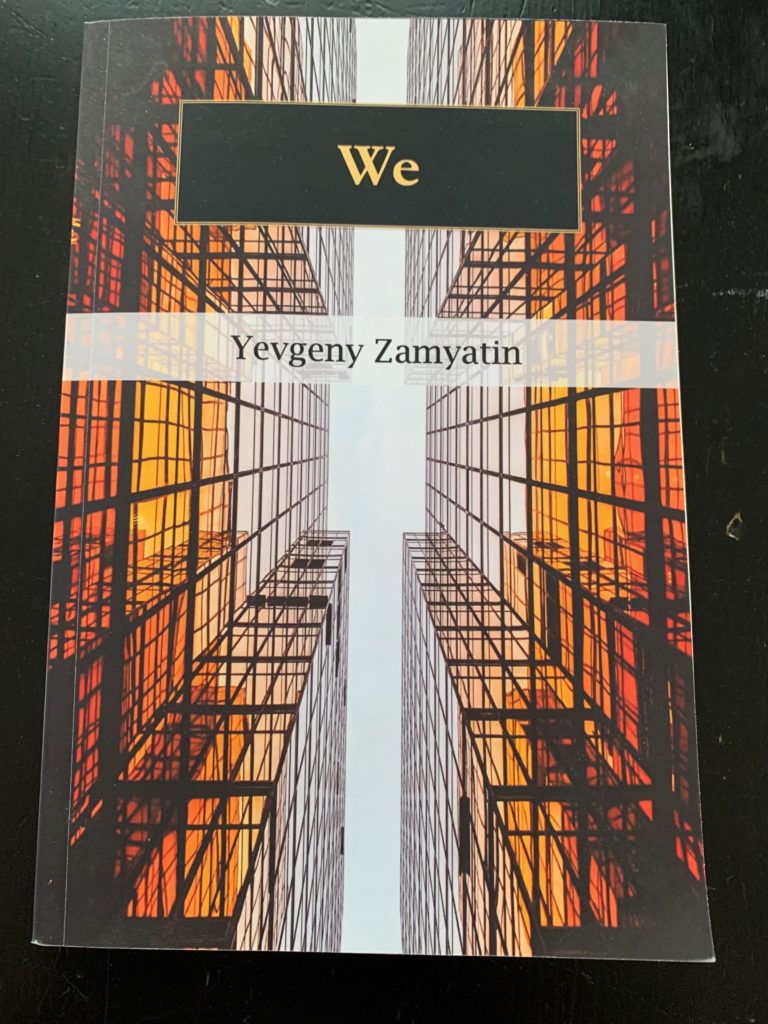
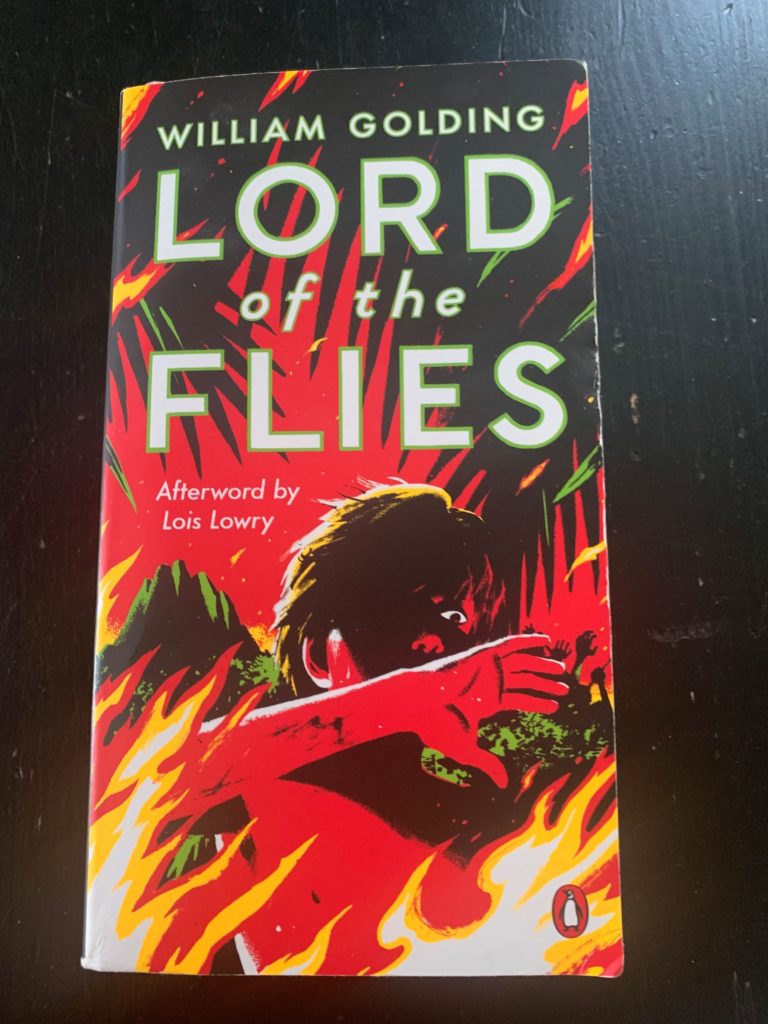

Recent Comments